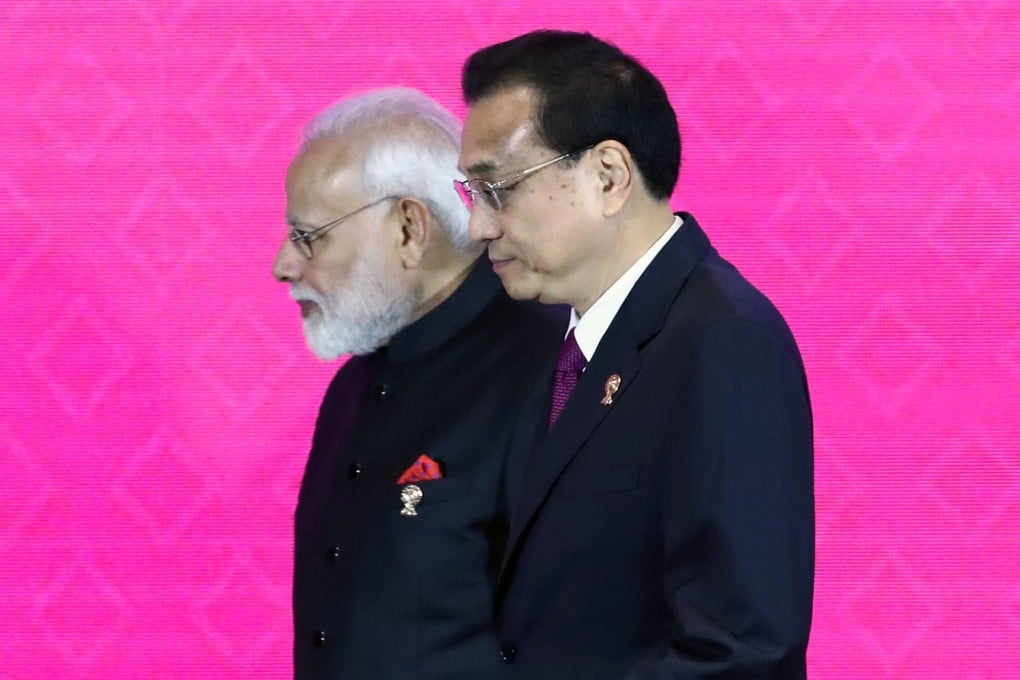Editorial | Trade push must go on without India
- With New Delhi delaying the signing of a free-trade deal until next year, the 15 other Asian nations that did reach agreement have to ensure they can reap the benefits amid economic uncertainty

The final negotiations on trade deals are always complicated, especially those involving nations with a wide range of differences. India is the only holdout on the world’s largest such agreement, the Regional Comprehensive Economic Partnership (RCEP), which was to have brought together 16 Asian economies. A completion of arrangements at the recent Association of Southeast Asian Nations summit failed to ease New Delhi’s concerns, delaying the anticipated signing to next year. China’s involvement is the main point of contention, but fear of competition is unwarranted; there is more to gain than lose from participation, and integration is the best way to boost growth and development.
With or without India, the RCEP will be a formidable free-trade zone, bringing together the economies of China, Japan, South Korea, Australia, New Zealand and the 10 members of Asean. Impetus is being driven by United States President Donald Trump’s trade war with Beijing, which has reduced regional economic growth to its lowest level in five years. Although New Delhi’s involvement would create a bloc with almost half of the world’s population and more than a third of global gross domestic product, its reticence has led to calls to push ahead regardless.
Indian Prime Minister Narendra Modi, announcing his decision on Monday not to join, said he could not compromise the interests of farmers and workers. The nation worries that opening its markets will cause a flood of cheap Chinese imports and dairy products from Australia and New Zealand, worsening an already large trade deficit. But growth has slowed to 5 per cent and lending has slumped along with consumer demand. India needs more trade and the RCEP offers that, along with the integration it needs to tap into regional and global value chains.
Premier Li Keqiang laid out the arguments for moving forward, saying the RCEP would provide a strong impetus for regional integration, safeguard free trade and lift market confidence. Stalling progress would result in the loss of real GDP gains. The 15 nations that have signed have left the door open to India; they need to push forward regardless to ensure they can reap the benefits amid so much economic uncertainty.
